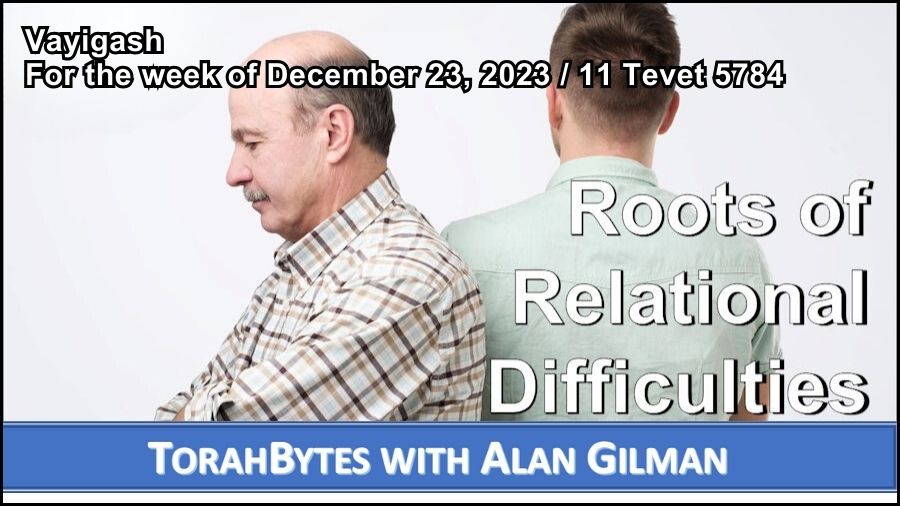For the week of December 30, 2023 / 18 Tevet 5784

Vayechi
Torah: Bereshit/Genesis 47:28 – 50:26
Haftarah: 1 Melachim / 1 Kings 2:1-12
When Joseph saw that his father laid his right hand on the head of Ephraim:, it displeased him, and he took his father’s hand to move it from Ephraim’s head to Manasseh’s head. (Bereshit/Genesis 48:17)
As another year draws to a close, I wonder if we will learn anything from the past few years. I don’t know about you, but my heart and mind are exploding from grappling with what’s been going on in the world. The COVID years were hard on everyone. For some, those were lost years that will never be recovered. Others discovered that their family and other relationship bonds weren’t as strong as they thought. Trust in authority was either solidified or broken. COVID was an eye opener for me as it was like a penetrating beam into the depths of my fear as well as a call to learn how to dig for truth and to resolve to live accordingly.
The Hamas attack on Israel of October 7 was another game changer. The world looks different to me as the contours of Scripture are more vivid than ever. I have always been grateful for how Scripture continually challenges my assumptions and draws me ever closer to God and his ways. But now, it seems so much more is at stake.
I was recently teaching about Jacob and Esau. An element of the dynamics between these rival twins reoccurs in this week’s parsha (weekly Torah portion). After Jacob and his clan settle in Egypt, Joseph is now functioning as the primary son. Not much is said about this, except for all the drama that led to Joseph’s prominence. Joseph brings his own two sons to be blessed by their grandfather. Contrary to custom, Jacob crosses his arms and blesses the younger ahead of the older, which displeased Joseph. That Joseph didn’t more quickly go along with the firstborn switcheroo is almost humorous, given his unusual place in the family, not to mention all that happened with his father’s relationship to his older brother, Esau.
In ancient times, the firstborn had a priveledged position that went along with extra responsibilities within the family system. That was the background of Jacob’s striving and scheming vis a vis Esau and underscores Joseph’s reaction here. By custom, Esau was to receive the double portion of his father Isaac’s inheritance. The same was due to Manasseh, Joseph’s older son. But that wasn’t to be since Jacob gave the firstborn blessing to Ephriam instead.
It was while I was teaching on Jacob and Esau that it hit me. Who says that the firstborn was to get a double portion of the inheritance? There is a later directive in D’varim/Deuteronomy 21:15-17 that may be in response to what happened to Jacob and Esau, but that has more to do with the complexities of children born within a polygamous situation than to the actual custom of the firstborn.
When God determined that Jacob would have precedence over Esau, he was breaking custom, not his own rules. Joseph’s role among his brothers was also God assigned despite Reuben being the firstborn. It might be that Reuben lost his role as firstborn due to his own misguided behavior. But as for Jacob’s putting Ephraim ahead of Manasseh, there was no God-ordained reason to do prevent that. Only custom.
And yet, we humans are so committed to custom. We do what we do because other people do it. The longer they have done it, the more authoritative the custom. And while we live in a day when a great many customs have fallen by the wayside, it’s only because a significant number of people have created new customs. We do what we do because other people do it. Not because it’s right, but because we perceive it’s simply what’s done.
In the Jewish and Christian worlds, custom, or “tradition,” is a great controlling factor. But should it be? It seems to me that those who regard Scripture as their supreme authority are far more controlled by custom than they think. How many times have we reacted to a metaphorical crossing of the arms, like what Jacob did, thinking we were defending God’s Word when it was only custom that was at stake.
Don’t get me wrong. I am not opposed to custom until it takes the place of Bible. But I wonder how often our assumptions are ill informed, not realizing that we do what we do for no other reason than we do it.
Scriptures taken from the English Standard Version


